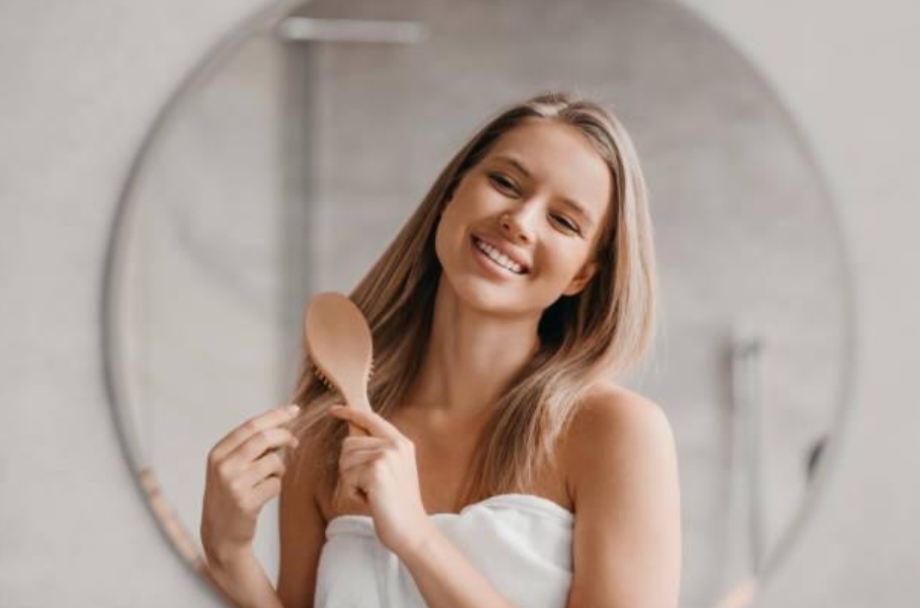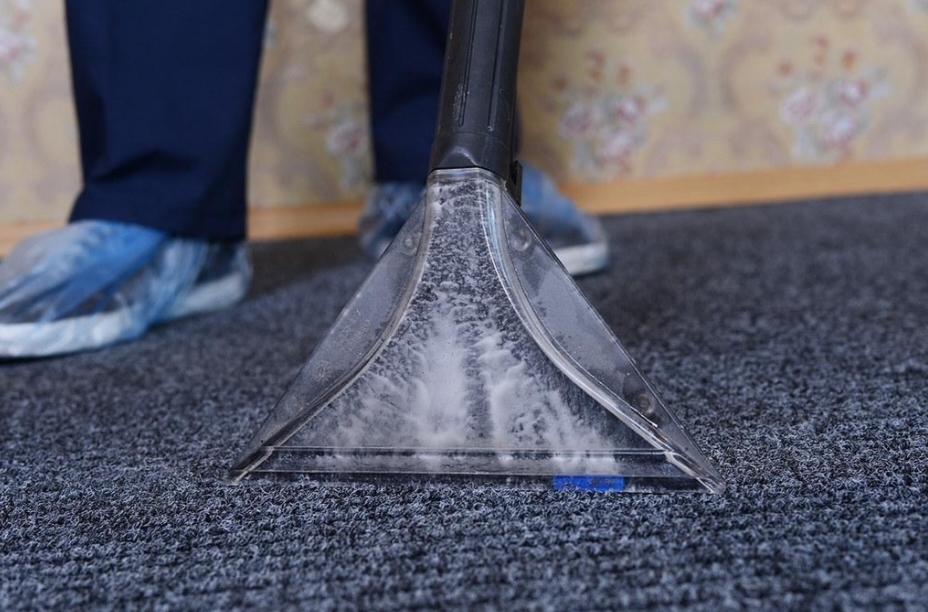Shampoo and conditioner are foundational products in most people’s hair care routines. They help clean and condition the hair, making it more manageable and presentable. However, the question of whether these products alone are enough to keep your hair healthy is complex. The health of your hair depends on various factors, including your overall lifestyle, diet, genetics, environmental factors, and the specific products you use.
In this article, we’ll explore the roles of shampoo and conditioner in hair health, the benefits and limitations of these products, and additional factors and practices to consider for optimal hair health.
The Role of Shampoo and Conditioner in Hair Health
Shampoo: The primary function of shampoo is to cleanse the hair and scalp. It removes dirt, oil, sweat, and product buildup from the hair. Shampoos often contain surfactants, which are cleaning agents that help lift oil and grime from the hair and scalp. While shampooing is important for maintaining scalp health and preventing issues like dandruff and excess oil, over-washing can strip the hair of its natural oils, leading to dryness and potential damage.
Conditioner: Conditioner is used after shampooing to provide moisture, smoothness, and manageability to the hair. It typically contains ingredients like emollients and humectants that help to seal the hair cuticle, preventing moisture loss and reducing friction between hair strands. This makes the hair easier to comb and style and can help prevent breakage.
Benefits of Shampoo and Conditioner
- Cleansing: Shampoo removes dirt and oil, helping to keep the scalp clean and free from buildup that can lead to issues like dandruff.
- Moisturizing: Conditioner helps to add moisture back to the hair, which can be especially beneficial for those with dry or damaged hair.
- Manageability: Conditioner smooths the hair cuticle, making the hair easier to detangle and style.
- Healthier Scalp: A clean scalp promotes healthy hair growth and reduces the risk of scalp conditions.
- Shine and Smoothness: Conditioners often contain ingredients that enhance the hair’s natural shine and smoothness.
Limitations of Shampoo and Conditioner
While shampoo and conditioner are essential parts of a hair care routine, they have limitations when it comes to ensuring overall hair health:
- Harsh Ingredients: Some shampoos contain sulfates and other harsh chemicals that can strip the hair and scalp of natural oils, leading to dryness and irritation.
- Lack of Nutrients: While conditioner provides moisture, it doesn’t provide the nutrients that hair needs for optimal growth and strength.
- Product Build-Up: Overuse of conditioning products can lead to build-up on the hair, which can weigh it down and make it look dull.
- Individual Needs: Hair type and condition vary greatly among individuals, so a one-size-fits-all approach with shampoo and conditioner may not be sufficient.
- External Factors: Environmental factors such as pollution, UV exposure, and water quality can also impact hair health, and shampoo and conditioner alone may not be enough to counteract these influences.
Additional Factors for Optimal Hair Health
For overall hair health, it’s important to consider other factors beyond just shampoo and conditioner:
- Balanced Diet: A diet rich in vitamins, minerals, and proteins supports healthy hair growth. Nutrients like iron, zinc, and vitamins A, C, D, and E play crucial roles in maintaining healthy hair.
- Proper Hydration: Staying hydrated is essential for overall health, including the health of your hair and scalp.
- Minimize Heat Styling: Excessive use of heat-styling tools can cause damage to the hair. When using these tools, protect the hair with heat protectants.
- Regular Trims: Getting regular trims can help remove split ends and prevent breakage.
- Protect from UV and Pollution: Wearing hats or scarves can protect your hair from sun damage and pollution.
- Gentle Handling: Avoid aggressive brushing or towel-drying, which can cause breakage and damage.
- Stress Management: Stress can impact hair health, leading to hair loss or thinning. Managing stress through mindfulness practices, exercise, or other relaxation techniques can benefit hair health.
- Sleep Care: Protect your hair while you sleep by using silk or satin pillowcases, which reduce friction and potential damage to the hair.
Are Shampoo and Conditioner Enough for Healthy Hair?
Shampoo and conditioner play crucial roles in maintaining healthy hair by cleaning and moisturizing it. However, they may not be sufficient on their own to ensure optimal hair health. Hair health depends on factors like diet, hydration, genetics, and lifestyle. Additionally, environmental elements such as UV exposure and pollution can affect hair quality.
To achieve truly healthy hair, consider incorporating other practices such as using heat protectants, reducing heat styling, and protecting hair from sun damage. A holistic approach to hair care, including regular trims and gentle handling, can help maintain vibrant, strong, and healthy hair.
Conclusion
While shampoo and conditioner are essential parts of a hair care routine, they are not the only factors that determine overall hair health. Healthy hair depends on a combination of appropriate hair care products, a balanced diet, proper hydration, minimal heat styling, regular trims, and protection from environmental factors. By incorporating these practices into your routine, you can achieve and maintain healthier hair. Remember that each person’s hair is unique, so finding the right products and routine for your specific needs is key to optimal hair health.



